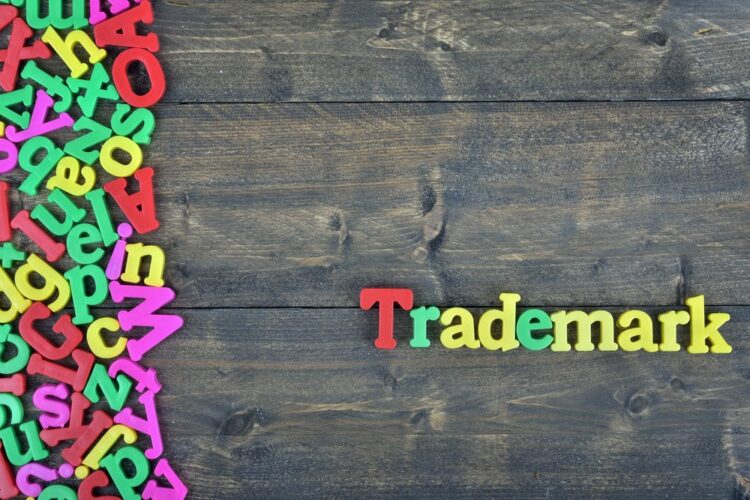Ugg Trade Mark Dispute Highlights Challenges For Brand Owners

A trade mark battle in the US law courts has turned ugly, forcing a long-established Australian footwear manufacturer to rebrand and raising concerns about whether the pursuit of intellectual property rights is affecting cultural legitimacy.
In a video posted to social media recently, Todd Watts, owner of Australian sheepskin-lined boot manufacturer ‘UGG Since 1974’ and grandson of the company’s founders, announced that they were being sued by US-based footwear giant Deckers Outdoor Corporation and as a result, had elected to change their branding.
Although the lawsuit was still ongoing, Watts said that it was extremely hard for a family owned, Australian-made business to fight a lawsuit against a multi-billion dollar company. They had therefore decided to drop the term ‘Ugg’ from all of their merchandise sold outside of Australia and New Zealand.
However, Watts’ company still owns local trade marks in Australia and New Zealand and so the company will still be known as the original ‘Ugg Since 1974’ down under, but will transition to an abbreviated label of ‘Since 74’ on all its footwear which is marketed elsewhere.
What does the trade mark dispute mean for Australian shoe makers?
In Australia, ‘ugg’ is considered a generic term for any fleece-lined sheepskin boot, but the name ‘Ugg Australia’ was first registered as a trade mark in the US during the 1980s by an Australian entrepreneur, Brian Smith. In a strategic move in 1995, Deckers bought that mark, eventually simplifying the name ‘Ugg’.
The company now owns the rights to use the ‘UGG’ trade mark on footwear in numerous jurisdictions around the world including the US and Europe. Other brands owned by the footwear giant include Hoka and Teva.
Can small companies take on multinationals in trade mark disputes?
Deckers has a history of initiating litigation to protect its IP, including a long-running battle with Sydney-based businessman Eddie Oygur and his company, Australian Leather over trade mark infringement. Their challenge was successful and in 2020, a Chicago court ordered Mr Oygur to pay substantial penalties and legal costs.
Given that Watts’s own David vs Goliath battle had already been running for some time, he said he made his Tik Tok video to inform customers about the litigation and update them about the course of action he’d been forced to make. The case is still ongoing in the US but Watts has called time on the fight.
However, Watts did say that they were the original and would still be the original no matter what their label said on the back of their boots. He also said that the lawsuit was not just about boots, but was also about resilience, community and staying true to what you believed in.
I think this statement is interesting because it raises the question about the cultural identity of brands.
The word ‘ugg’ is accepted as the generic term for the sheepskin-lined footwear which originated in Australia decades ago. So do companies have the right to describe commercial brands with a generic name? Can a brand monopolise a generic term?
What does this legal challenge say about brand protection through trade mark registration?
Companies need to do what they can to protect their market share and their customer base – and trade mark registration is the best way to ensure watertight legal protections for a brand identity. This article on the MMW Trademark Services’ blog gives more detail as to why you should trade mark your business name and why overly descriptive or generic names are unlikely to be accepted for registration/protection.
As evidenced by the outcomes of its legal challenges surrounding trade mark infringement of the word ‘ugg’, Decker has enforceable rights to exclusive use of the name in those jurisdictions where it owns the registered trade mark.
In my view, Deckers has been extremely strategic about brand protection and while an emotive response may be that their ownership of a generic name is unfair, the fact is that the company is only enforcing its legal rights against infringers.
Trade mark law is complex – and particularly when it comes to international trade marks. Companies, even small businesses and start-ups, need to be extremely strategic and proactive when it comes to how and where they protect their brands. Have a look at my article on expanding trade mark protection to foreign markets for more detailed information on this subject.
Key takeaways
This court case between a proudly family-owned Australian company and a US-based multi-billion dollar enterprise highlights the importance of trade mark registration as the only way to truly legally protect a brand name.
It also highlights the fact that trade marks are territorial.
Brand ownership may not seem morally right especially when perceived cultural legacies are involved – like the beloved Australian ugg boot – but when someone has registered a trade mark for a name or brand identity in a particular jurisdiction, they secure the rights to its use.
Business owners need to be strategic about protecting their brand names in their area of operation at the earliest opportunity as well as consider where they may expand to in the future. If they don’t, they could discover (as Todd Watts and ‘Ugg since 1974’ did) that scaling up into international markets may bring unsurmountable branding challenges.
Please get in touch with me, Jacqui Pryor, if you have any queries about international trade marks or trade marks in general. I’d be very happy for an obligation-free chat to see how MMW Trademark Services can help with efficient and affordable brand protection.

